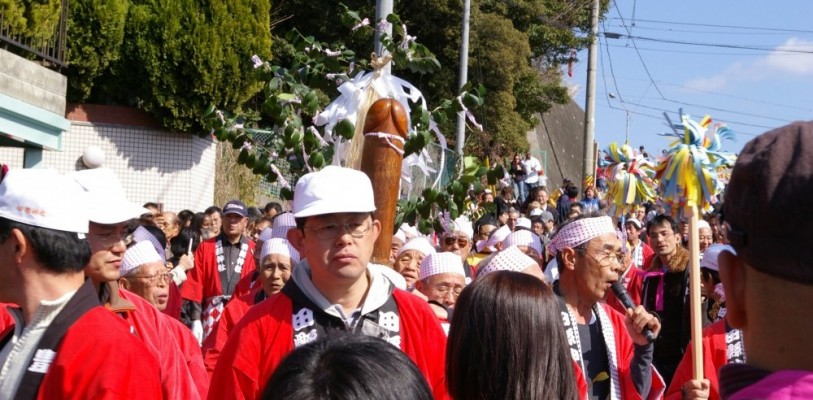
According to a new study done by the U.S. Army Medical Research Institute of Infectious Diseases, EGCG may protect our cells from the Ebola virus.
The virus starts by infecting a cell. It latches onto a protein called heat shock 70kDa protein 5 (HSPA5). HSPA5 is a key protein in our genetic code.
When the infected cell divides, this key protein passes on to the newly formed cell. Since the virus bonds itself to the HSPA5 protein, it too is passed on, infecting the new cell.
The infected cell then becomes two infected cells. The two infected cells divide and become four, and so on.
EGCG, the key component of green tea, attaches to the same protein, HSPA5, as the Ebola virus.
The EGCG molecule plugs up the receptor, preventing the virus from bonding to the cell and spreading to new cells.
The scientists started out with a batch of cells and treated them with increasing concentrations of EGCG (10 microns – 100 microns) for two hours before infecting them with the Ebola virus.
After 48 hours, the cells were checked for the spread of the virus. The scientists consistently found that the cells treated with EGCG inhibited the virus infection. And the higher the dosage of EGCG, the lower the chance of contracting the virus.
The most important finding from this study is that the HSPA5 protein is essential for the virus to spread in our body. This means a great deal for the possibility of a future vaccine.
This study does not mean, or even suggest, that drinking green tea will prevent anyone from contracting Ebola. You do get a good dose of EGCG from drinking a few cups per day, but you would have to drown yourself in green tea to reach the concentrations used in this experiment.
It also turns out that other dangerous viruses, such as hepatitis C and influenza A (the bird flu), use the HSPA5 protein to infect cells and spread throughout the body. By blocking the receptors in this protein, we could potentially prevent these viruses from taking hold and spreading in our body.
Reid, S. C., Shurtleff, A. C., Costantino, J. A., Tritsch, S.R., Retterer, C., Spurgers, K. B., Bavari, S. (2014). HSPA5 is an essential host factor for Ebola virus infection. Antiviral Research, 109, 171−174.


